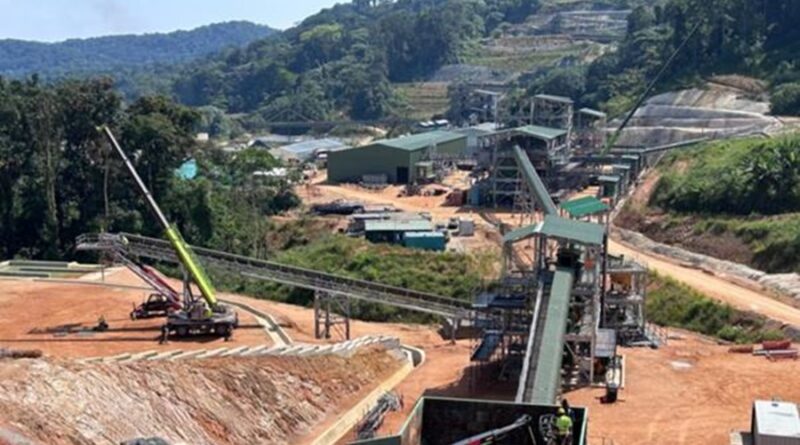Alphamin revises production guidance to 17,500 tonnes
Alphamin Resources has revised down its guidance for production at its Bisie tin mine in eastern DR Congo on production losses in Q1 due to the security-related interruption.
Production at Bisie was down 18% quarter-on-quarter at 4,270 tonnes tin-in-concentrate following the halt of mining and processing activities for almost five weeks from 13 March 2025 when non-state armed groups advanced in the direction of the mine.
The company’s 2025 production guidance has been revised down from 20,000 tonnes to 17,500 tonnes as a result of the shutdown, meaning a 0.4% annual decline in production compared with the 13.8% originally expected.
Operations partially restarted in a phased resumption on 15 April.
The grade of ore processed in the quarter ending 31 March was 18% higher than the previous quarter, at 3.55% Sn, so daily throughput volumes were reduced to optimise recoveries. The mine plan still targets an average grade of 3%, with this initial outperformance expected to balance out over the rest of the year. Recovery remained higher than targeted.
Sales were 3,873 tonnes of contained tin in Q1 (down 22% quarter-on-quarter) at an average tin price of US$32,507 per tonne (up 7% quarter-on-quarter).
EBITDA fell 19% to US$61.80 million, while all-in sustaining cost increased 9% to US$16,339 per tonne of tin sold.
Alphamin said that underground mining activities are expected to resume later in April as employees return to the site. Inbound and outbound transport has resumed, and the company said it is adequately supplied to support the resumption in production. Exports are anticipated to continue normally.
While the company will likely see effectively flat growth in production in 2025, the severe tightening of the concentrate market looks to be partially averted. Raw material feedstocks remain tight globally, and the orderly resumption of operations at Bisie is a positive move towards a potentially calmer market, although the full impact of the regional disruption has been delayed by shipping lead times from eastern Africa to Asia.




